
Tinubu Plots to Fracture Northern Unity, Sow Ethno-religious Resentments, Forge Kwankwaso Alliance Ahead of 2027 Elections – Umar Sani
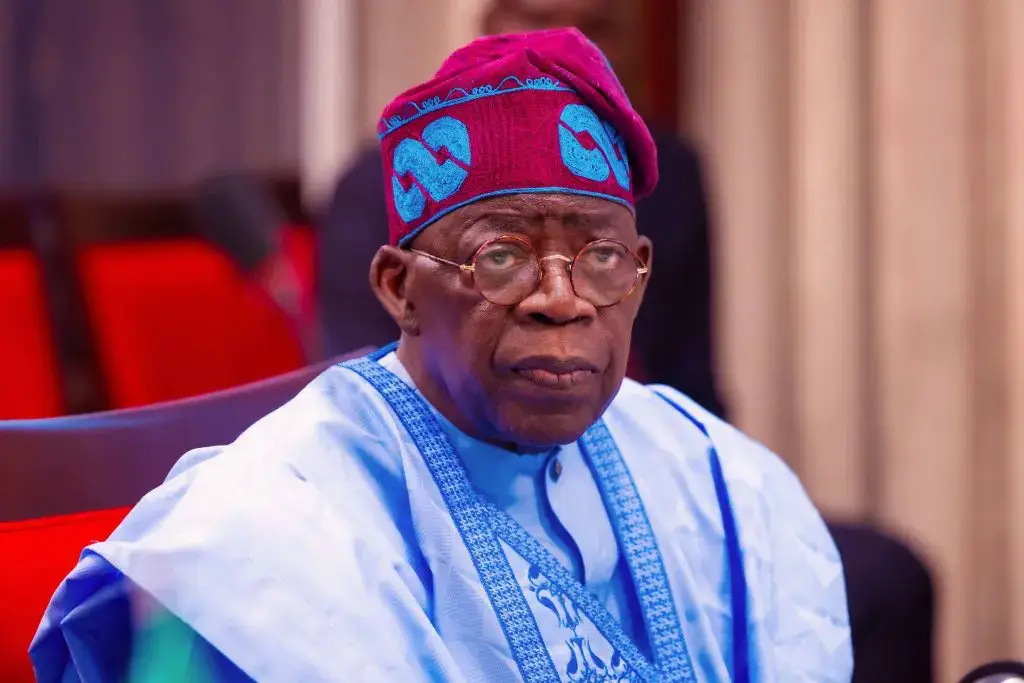
Emerging intelligence suggests President Bola Tinubu is formulating strategies to dismantle northern political unity ahead of the 2027 presidential elections.
According to Umar Sani, former spokesperson for the Peoples Democratic Party (PDP) during the 2019 presidential campaign, the plans are aimed at fracturing the North’s growing political alliance, which is seen as a potential threat to Tinubu’s second-term ambitions.
In his words:
“As the race toward the 2027 presidential election gathers momentum, emerging intelligence suggests a calculated strategy aimed at dismantling the northern political hegemony. This approach seeks to revive old fault lines, using them as instruments to fracture the opposition’s coalition and destabilise any unified attempt to challenge the status quo,” he stated.
At the heart of this manoeuvre is an attempt to penetrate the North and weaken its growing political alliance, an alliance that increasingly appears poised to resist President Bola Ahmed Tinubu’s bid for a second term,” he added.
According to Sani, sources revealed that the strategies under consideration include engineering a divide between the Hausa and Fulani communities using the classic divide-and-rule tactic to undermine political cohesion, exploiting religious differences between Northern Christians and Muslims, manipulating political appointments to stoke regional resentment, and forging an alliance with former Kano State governor, Rabiu Kwankwaso, in a bid to secure the critical Kano vote.
He, however, noted that the attempt to create a rift between the Hausa and Fulani is unlikely to succeed, citing centuries of intermarriage and a shared heritage that have made the two groups inseparable.
He also dismissed the possibility of using Northern Christians as a counterweight, arguing that trust cannot be easily regained after the fallout from Tinubu’s controversial Muslim-Muslim ticket in the 2023 election.
While Sani acknowledged that manipulating political appointments could have some impact, given the harsh economic conditions and the importance of political patronage in the region, he maintained that the strategy carries significant risks.
He added that the Kwankwaso alliance may also fall flat, noting that Kano’s politically sophisticated electorate would resist any effort to use their votes as bargaining chips.
According to him, Kwankwaso’s influence would be decisive only if he were directly on the ballot, rather than acting as a proxy for another politician’s ambitions.
He warned that the North would not easily be divided or manipulated, stating that the coming months would reveal whether these moves would achieve their intended goals.
About The Author
Related Articles
Togo: Port of Lomé Records Modest Growth in 2024 Amid Regional Competition, Strengthens Position as West Africa’s Trade Hub
The Port of Lomé, Togo’s principal maritime gateway, reported a modest growth...
ByJoy ChukwuApril 27, 2025Niger Acquires Advanced Turkish Aksungur Drones to Improve Aerial Surveillance, Strike Capabilities
The Nigerien Armed Forces (FAN) has acquired Turkish-made Aksungur drones to enhance...
ByJoy ChukwuApril 27, 2025The Creation of a Republican Monster by France-Afrique and the Lack of Patriotism in Benin
For the informed observer, it is clear that France did not want...
ByPamphile AguegueApril 26, 2025Namibia’s New President to Offer Free University Education from 2026
Namibia will scrap tuition and registration fees at public universities and technical...
ByConfidence UbaniApril 26, 2025



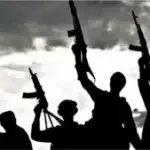


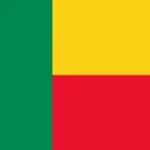

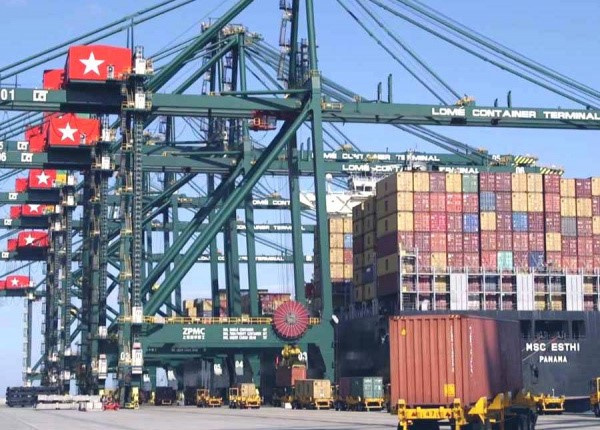

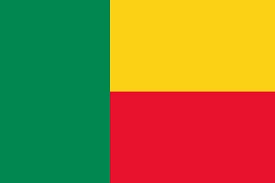
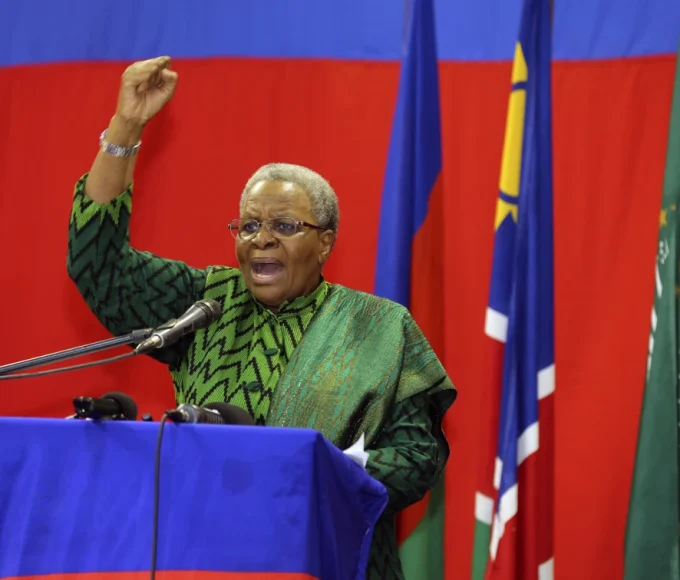
Leave a comment